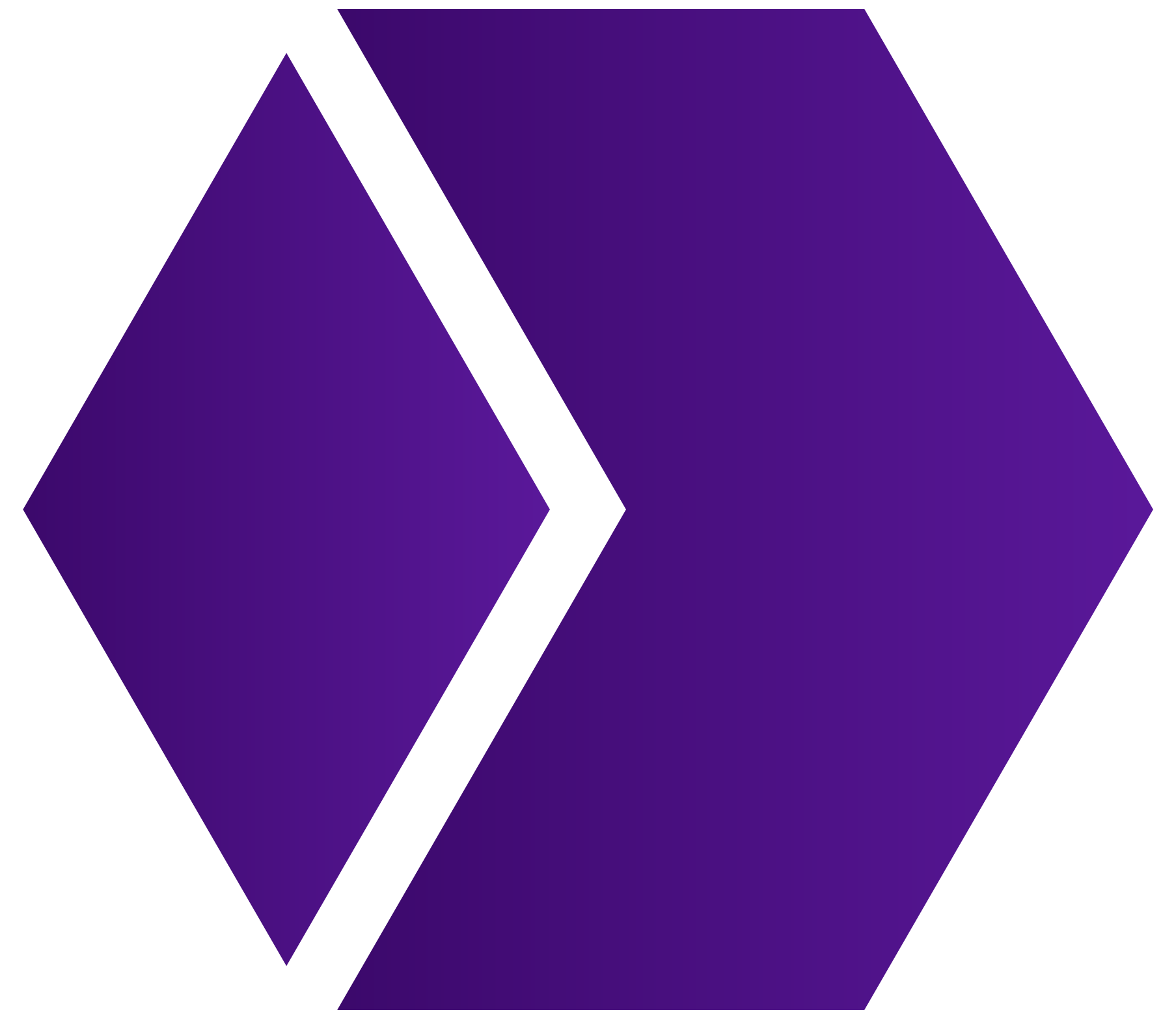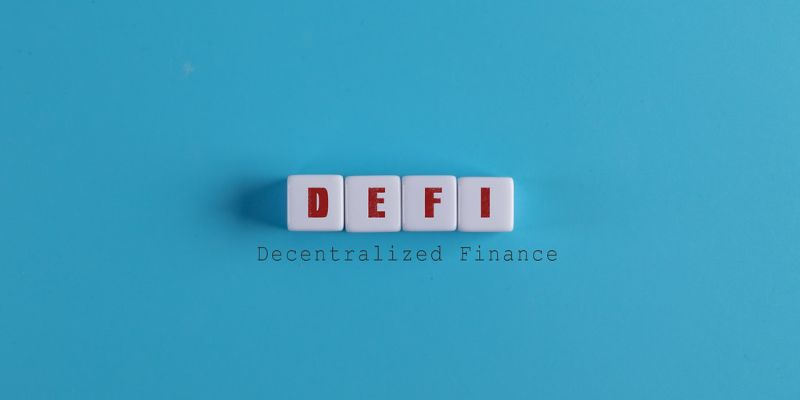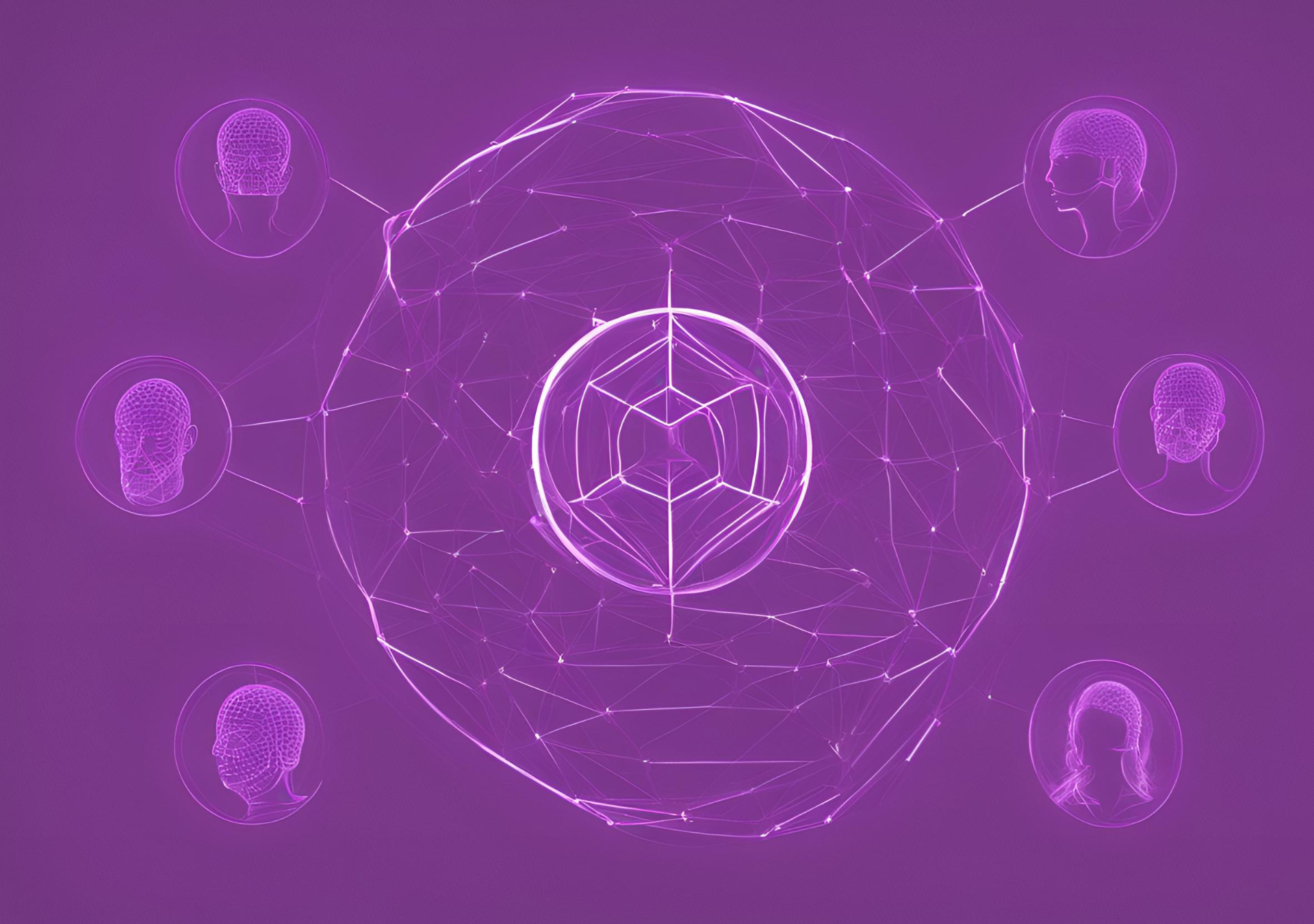Decentralized Finance (DeFi) has garnered significant attention and emerged as a revolutionary force in the financial industry. In this blog, we will explore the concept of DeFi, its advantages, and the potential it holds for empowering financial inclusion.
DeFi is an umbrella term that refers to a set of financial applications and services built on decentralized blockchain networks, primarily Ethereum. Unlike traditional financial systems that rely on centralized intermediaries like banks, DeFi operates through smart contracts and decentralized protocols, enabling peer-to-peer transactions and removing the need for intermediaries.
Advantages of DeFi:
- Financial Inclusion: DeFi has the potential to expand financial services to the unbanked and underbanked populations around the world. With just a smartphone and internet connection, individuals can access a range of financial services such as lending, borrowing, saving, and investing without the need for a traditional bank account. This empowers individuals who have limited access to traditional financial services to participate in the global economy.
- Open and Permissionless: DeFi protocols are open-source, transparent, and accessible to anyone. They operate on public blockchain networks, allowing anyone to audit the code and verify the security and integrity of the system. Additionally, anyone can interact with these protocols, create decentralized applications (dApps), or contribute to the development of the ecosystem. This open and permissionless nature fosters innovation and encourages collaboration.
- Transparency and Security: DeFi leverages blockchain technology, providing transparency and immutability. All transactions and activities on DeFi platforms are recorded on a public ledger, making them verifiable and auditable. Smart contracts, which automate the execution of agreements, eliminate the need to trust intermediaries. The use of cryptographic algorithms ensures the security and integrity of the system, reducing the risk of fraud or manipulation.
- Programmability and Interoperability: DeFi protocols are highly programmable, allowing developers to create complex financial applications and automate various financial processes. Smart contracts enable the creation of decentralized lending platforms, decentralized exchanges (DEXs), stablecoins, yield farming, and more. Interoperability between different DeFi protocols and applications enables composability, where various protocols can be combined to create innovative and seamless financial services.
- Global Accessibility: DeFi protocols are accessible to anyone with an internet connection, regardless of their geographical location. This global accessibility removes barriers to entry and enables individuals to participate in the DeFi ecosystem, regardless of their nationality or financial status. It also opens up opportunities for cross-border transactions and investments without the need for traditional intermediaries.
Potential of DeFi for Financial Inclusion: DeFi has the potential to transform the traditional financial system by providing accessible, transparent, and efficient financial services. It enables individuals to access loans, earn interest on savings, trade assets, and invest in various financial instruments directly, without relying on centralized authorities. This empowerment can particularly benefit individuals in underserved regions with limited access to traditional banking infrastructure.
Moreover, DeFi can enable financial services that are more affordable, as they eliminate the need for intermediaries and reduce operational costs. This affordability can be especially beneficial for individuals with lower incomes or limited resources.
In conclusion, DeFi holds the promise of democratizing financial services, increasing financial inclusion, and reshaping the global financial landscape. As the DeFi ecosystem continues to evolve, it is important to address challenges such as scalability, user experience, and regulatory frameworks to ensure the responsible growth and widespread adoption of DeFi. By leveraging the power of blockchain technology and decentralized protocols, DeFi has the potential to empower individuals and communities worldwide, revolutionizing the way we access and interact with financial services.





